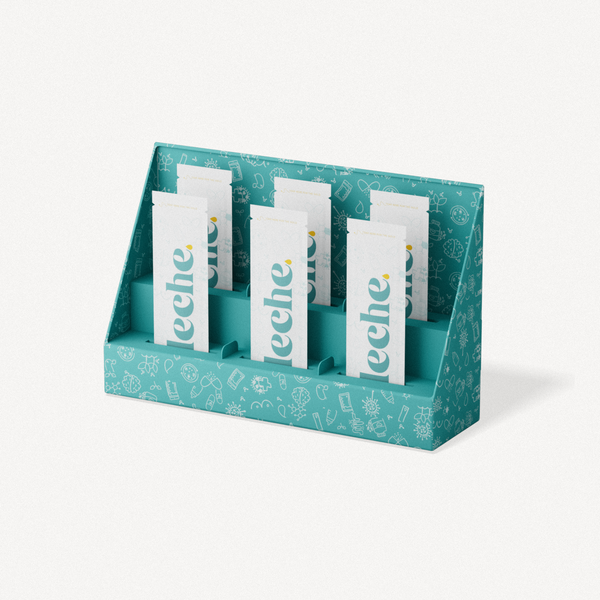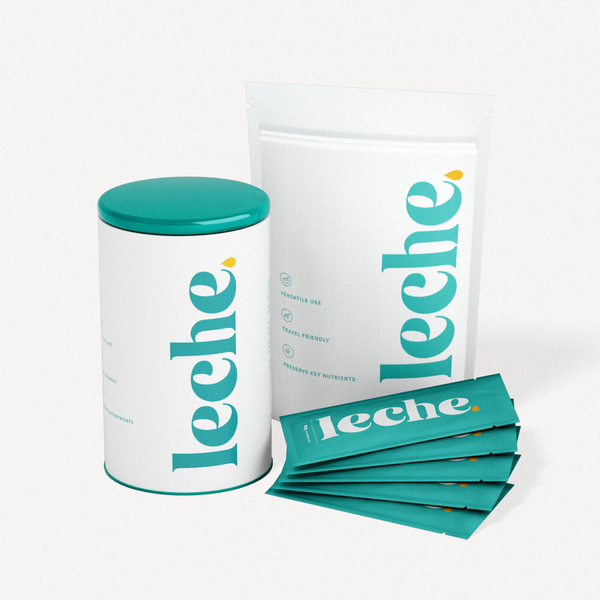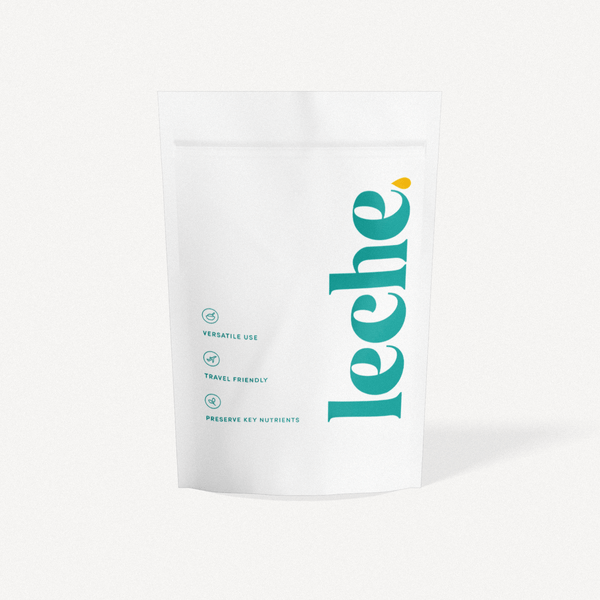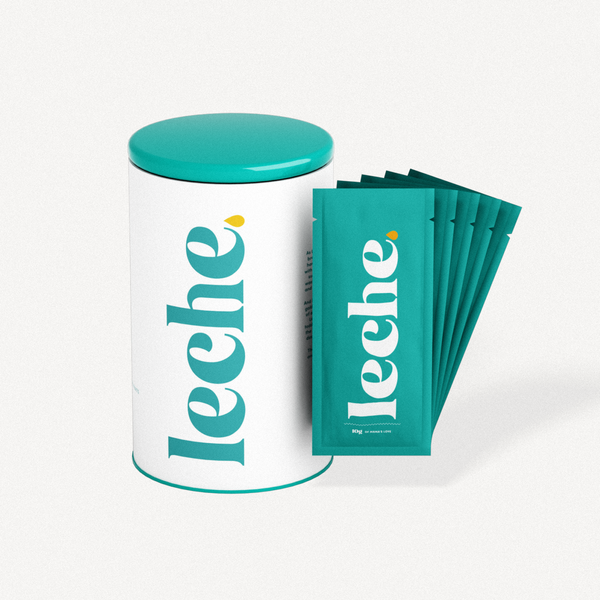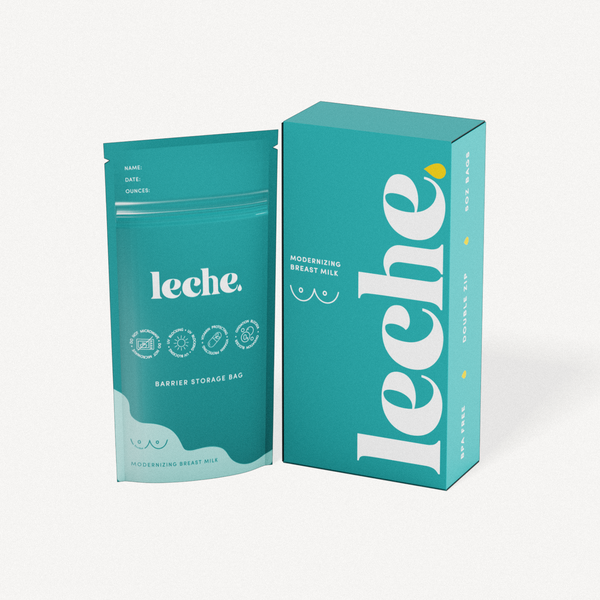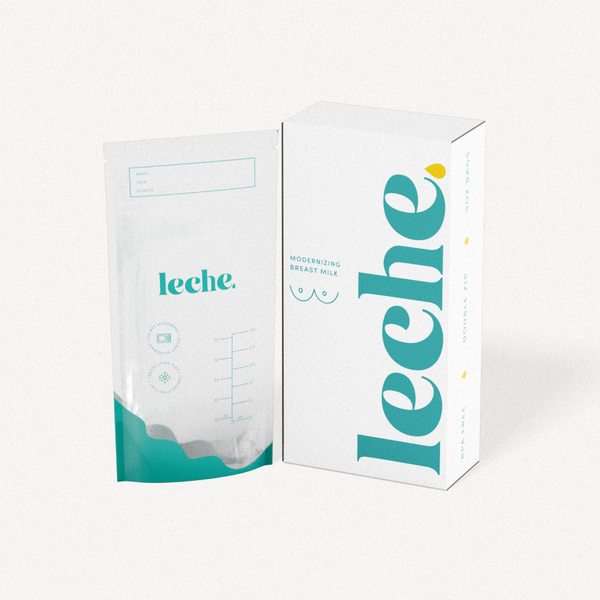In 2022, the United States experienced a frightening issue – a national formula shortage that left many parents helpless and unfortunately, left many babies without the proper nutrition for their particular developmental stage. The crisis shed light on the many different practices and supply chain issues that together created a gaping hole in the market. And worst thing was, we didn’t have a backup plan. We not only let our babies down, we let our moms, caregivers and families down as well.
In response to the shortage and crisis at hand, milk banks experienced a surge in both the demand for breast milk and the donations of breast milk. Human breast milk banks are organizations that collect, process, and distribute breast milk to babies in need. These organizations provide breast milk to premature and sick infants, who may not be able to receive milk from their own mothers. The milk is screened for any potential health issues and pasteurized to ensure its safety.

Milk banks in the US and Canada are overseen by the Human Milk Banking Association of North America, which certifies that banks employ donor screening, blood testing, and testing of donated milk to ensure dangerous drugs and communicable diseases are not transmitted. In addition, all donor milk is pasteurized to further prevent possible bacteria contamination, a process further perfected by organizations like Ni-Q that provide donor breast milk to NICU patients.
One of the main benefits of donating breast milk to a human milk bank is that it can help save the lives of premature or sick infants. Breast milk is essential for the growth and development of these babies, and it can help prevent serious infections and illnesses. Donated milk also helps support a wide range of growing and changing family needs like foster parents, adoptive parents, surrogate parents and parents with babies with intolerances and allergies to many mainstream formulas.

For women who have an oversupply of milk, donating to a human milk bank can help reduce the stress and pressure that come with storage issues. Instead of feeling overwhelmed by extra milk, you will know that it's going to good use and helping other babies in need.
If you're interested in donating your breast milk to a milk bank, there are a few things you should keep in mind:
- Make sure to research the milk bank or organization you're considering. Choose one that has a good reputation and is accredited by the Human Milk Banking Association of North America (HMBANA) to ensure that your milk is going to a safe and reputable place.
- You will be required to fill out a health questionnaire and your milk will be screened for any potential health issues.
- You will need to express your milk and store it in certified BPA-free breast milk storage bags (like our premium breast milk storage bags) and freeze it, preferably flat.
- Know that not all milk banks accept donations, there are some that only use milk from their own mothers, so it's important to check with the milk bank before you start pumping.
While informal sharing of breast milk carries risks for contamination, disease transmission, and exposure to harmful drugs and medications, it also became more widely accepted and mainstream as parents looked for alternative options to feed their babies. There are several support networks like Share The Drop and Udderly who connect donors with babies and families in need, facilitating breast milk donations safely and meaningfully. Trusted organizations like Ni-Q help NICU patients with donor programs and even compensate mothers for their hard work in donating their liquid gold. Whatever avenue you pursue if you choose to do so, remember, as a mother, you're doing an amazing job, and your breast milk is a gift that can save lives.

Globally, 456 billion ounces of breast milk is wasted each year. If the formula crisis taught us one thing, it's that we need more options when it comes to feeding our babies. At Leche, we’re liberating parents from the tough and limited choices they have in our current infant feeding system, offering more flexibility for sustained nutrition for years to come.
So, go ahead and pump away, knowing that you have a preservation method with Leche that will keep your milk safe for your baby whenever they need it.
